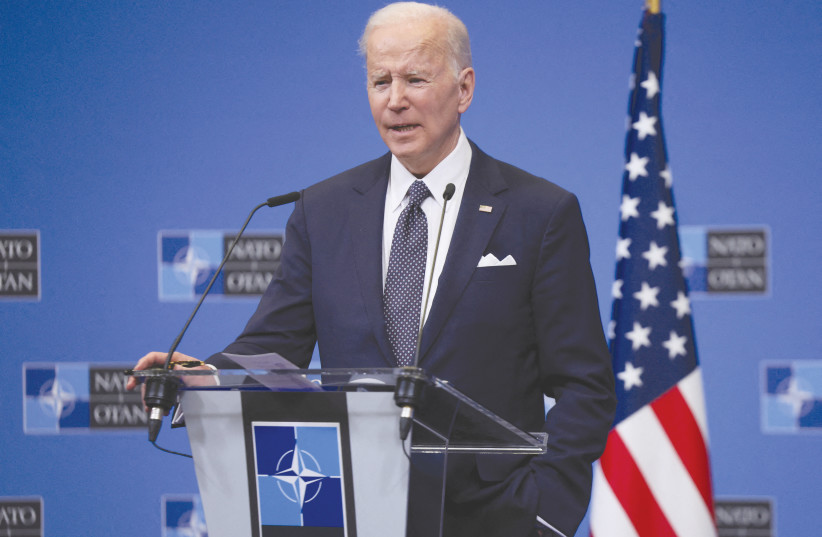The United States is hopeful that Hamas will agree to free all hostages as Qatar, which is mediating the deal with Egypt, hinted at positive progress that could lead to a pause in the Gaza war.
“We hope that Hamas,.. will agree to a pause,” US State Department spokesperson Matthew Miller told reporters in Washington.
“We have pursued this pause intensively. We have made clear it is a priority of the United States; other countries have made clear it a priority for all of these same reasons,” Miller said.
He added that such a pause would help with the entry and distribution of humanitarian aid in Gaza.

Hamas was noncommittal, explaining that it had not given a response to any of the parties.
Qatar: No deal yet
The head of the political bureau of the Islamist movement Taher al-Nono, told Reuters on Thursday. "We say that the current stage of negotiation is zero and at the same time we cannot say that we have reached an agreement.”
At issue is Hamas’ agreement for the principled points hammered out on Sunday at a Paris meeting of intelligence chiefs from the US, Israel, and Egypt.
Speaking at John Hopkins University in Baltimore, Qatari Foreign Ministry Majed Al-Ansari said that it could take a few weeks before any deal is agreed upon.
“The meeting in Paris succeeded in consolidating the proposals on the table into one proposal. That proposal has been approved by the Israeli side and now we have an initial positive confirmation from the Hamas side of the general framework.
“It will represent a general understanding of how the next parts of the coming humanitarian pause would look like. It does not include a lot of the details that still need to be discussed.
“We are now at the point, that has alluded us for two months where both sides agree on the principles of what the pause would look like. There is still a tough road in front of us. Both sides now have agreed to a premise, that would lead to a next pause,” Ansari said, adding that it was a very “fluid situation.”
A Qatari official told Reuters, however, that “There is no deal yet. Hamas has received the proposal positively but we are waiting for their response.”
At a prayer breakfast in Washington US President Joe Biden said, “I’m engaged on this day and night and working, as many of you in this room are, to find the means to bring our hostages home, to ease the humanitarian crisis, and to bring peace to Gaza and Israel.”
He said, “I also see the trauma, the death, and destruction in Israel and Gaza. And I understand the pain and passion felt by so many here in America and around the world.”
Biden continued, “Not only do we pray for peace, we are actively working for peace, security, dignity for the Israeli people and the Palestinian people.”
Their comments fell in line with other optimistic comments that were bolstered by a week filled with high-level diplomatic activity beginning the Paris meeting, which was also attended by Qatari Prime Minister Mohamed Al-Thani. He then traveled to Washington where he met with US Secretary of State Antony Blinken and US National Security Advisor Jake Sullivan.
On Wednesday Sullivan met with Strategic Affairs Minister Ron Dermer. The potential deal caused far-right parties in the coalition to threaten to quit the government fearing that it could endanger Israel.
It is widely believed that the deal would be carried out in three phases, with the easiest phase dealing with the release of elderly, female, and child hostages. Two other phases would deal with healthy adult males, soldiers, and the bodies of those who died and or were killed in captivity.
Israel would be expected to release a high number of Palestinian security prisoners including terrorists found guilty of killing Israelis.
But the largest sticking point has been on the issue of whether Israel would pause the war or agree to a ceasefire. Hamas has insisted that the IDF must withdraw from Gaza and agree to a permanent ceasefire in exchange for a deal, with Israel rejecting such a possibility.
A deal done in February saw the release of 105 hostages, many of whom were women and children, in exchange for a week-long pause in the fighting.
Terrorists seized 253 hostages during a Hamas-led attack into southern Israel on October 7. Six of those held have dual Israeli-American citizenship.
